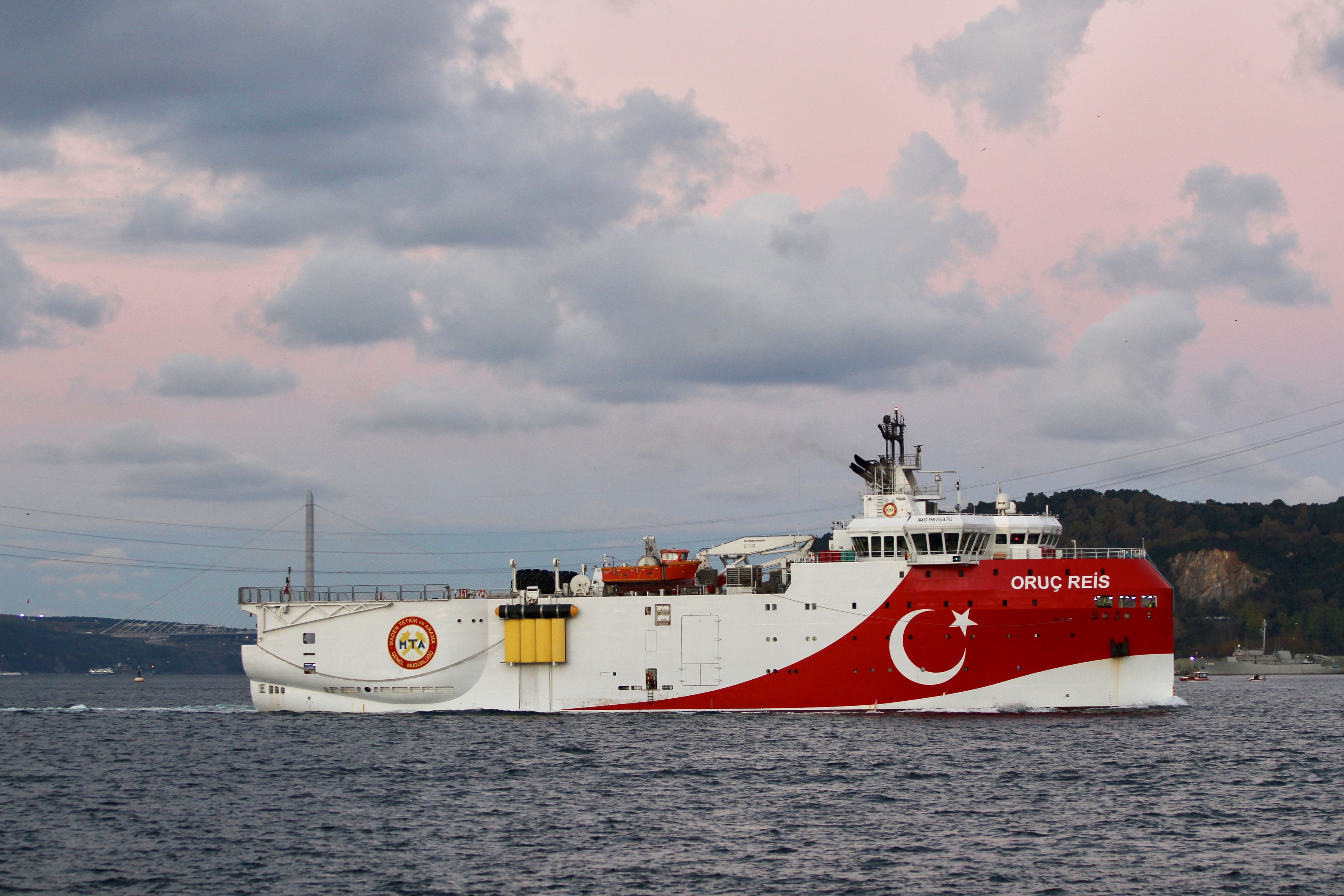Escalation between Turkey and Greece in the Eastern Mediterranean

What are the latest tensions in relations between Greece and Turkey about?
The dispute concerns Kastellorizo, a Greek island 2 km from the coast of Turkey and nearly 600 km from mainland Greece. For the Greeks, the island is the basis of their extensive claims over the size of their continental shelf and exclusive economic zone in the Eastern Mediterranean (EM). Turkey rejects these claims and says they contravene international law. Turkey argues that the island would increase the area of the Greek shelf by 40,000 km2 and violate the principle of equity in delimiting sea areas. To undermine the claims of Greece, on 21 July the Turks announced the beginning of a hydrocarbon search south of Kastellorizo, on “Turkey’s continental shelf”. Thanks to Germany’s mediation, the dispute was temporarily de-escalated, Turkey suspended its activities and talks with Greece began.
How could the deal between Greece and Egypt impact the dispute?
The agreement between Greece and Egypt, which demarcated the countries’ exclusive economic zones, is a response to a similar deal Turkey concluded with the Libyan Government of National Accord in November 2019. It is a legal declaration of territorial claims by Greece and Egypt in the Eastern Mediterranean, and to a large extent overlaps and directly undermines Turkey’s claims. Although the deal between Greece and Egypt led to an escalation of the dispute with Turkey, it may contribute to its resolution in the long run. The clear undermining of Turkey’s claims by Greece and Egypt may provide the basis for a resolution of delimitation disputes between the EM countries through international arbitration or multilateral negotiations.
Could the dispute between Greece and Turkey turn into full-scale armed conflict?
This is unlikely, as both countries would prefer to avoid it and have kept channels of communications open even during the most severe escalation. However, relations between Greece and Turkey remain extremely tense (they are the most strained since 1996, when they almost fought). There is no trust between them, with each state perceiving the other in an increasingly negative manner, while decision-makers seem to believe that showing a weakness in the dispute will put them at a disadvantage. This makes the relations prone to crises that could easily get out of hand. An example of a dangerous incident would be if Greece were to shoot down a Turkish drone patrolling the EM. A critical moment would be a confrontation between Turkish, Greek and Egyptian navies in the disputed areas.
How will the dispute affect the EU and NATO?
Greek Prime Minister Kiriakos Mitsotakis said he would not accept NATO’s inaction in the dispute with Turkey. He also asked for a special EU Foreign Affairs Council meeting (which will take place on 14 August), at which he will probably appeal for additional sanctions against Turkey. His main ally will be France, also critical of Turkey, which will support Greek demands in the EU forum and increase rhetoric in NATO about Turkey’s harmful influence on the Alliance. The Turks may also be interested in shifting the dispute to the NATO forum, hoping that this will increase pressure on Greece from other Allies (especially the U.S.) to resolve the dispute because it is harming the Alliance’s cohesion. In response to EU sanctions, Turkey may be willing to further reduce migration cooperation with the Union.
How can the EU contribute to the settlement of the dispute between Greece and Turkey?
Keeping channels of communication between Greece and Turkey open to prevent further escalation is of greatest importance now. It would also be beneficial to resume the dialogue between Turkey and Greece, supplemented by confidence-building measures. This would require a commitment from both sides that they will refrain from a policy of fait accompli in the EM during the talks.
Nonetheless, the final resolution of the dispute will be impossible without a wider resolution of delimitation disputes in the EM. The EU, interested in the stability of the area, could make efforts to develop a multilateral agreement between the countries in the region. In this context, the key issue, both in the regional dimension and in the relations between Turkey and Greece, remains the resolution of the Cyprus problem.


